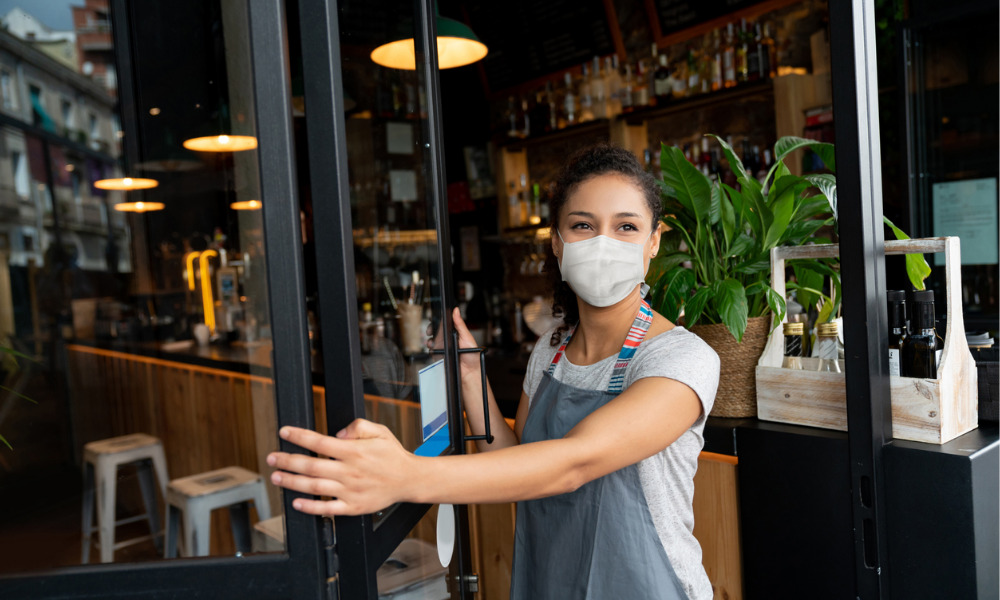
But employee sentiment may now plummet

Employees in New Zealand were feeling secure in both their jobs and the wider economy before COVID-19 remerged this week, according to new data.
The Q2 Employee Sentiment Survey by ELMO Software revealed a far greater feeling of stability among workers, compared to neighbouring Australia. Job security fell by just 1% compared to the previous quarter, while the level of burnout fell by 6%. Less workers were looking for new jobs both inside their own organisations and externally, or considering a career change, indicating that the economic stability was being mirrored in the jobseeker market.
In contrast, for workers in Australia who were experiencing snap lockdowns and fresh Covid outbreaks, their feeling of stability and job security plummeted. Compared to Q1, job security fell 8%, economic security fell 11% and burnout levels climbed by 8%. The data shows a strong correlation between the COVID-19 situation in an employee’s state or country and their level of burnout.
Read more: New Zealand enters three-day lockdown after man tests positive to COVID-19
It's a timely warning for employers in New Zealand as the country enters a snap three-day lockdown. Auckland will remain under level four restrictions for a week after a 58-year-old man was infected with the ultra-infectious Delta variant on Tuesday. So far, six additional cases have been reported bringing the total to seven.
Speaking to HRD before New Zealand’s latest lockdown, ELMO Software CEO Danny Lessem said the country’s unified approach to restrictions during Q2 likely added to the sense of stability and security among Kiwi workers, compared to Australia’s state-by-state lockdowns.
“Another factor is that New Zealand been less affected by COVID outbreaks, whether you can control that or not is debatable, but certainly a unified approach does alleviate some of the anxiety and increase the view of economic wellbeing, job security, and those sorts of factors,” he said.
If employees feel their role or their industry is insecure because of the what’s happening in the economy, they’re more likely to look around at other companies and jump ship. It’s why during times of uncertainty, like the current lockdown, offering as much reassurance as possible is key.
While employers cannot change the outcome or indeed the impact of a lockdown on the economy, how they communicate the stability of the company can help to alleviate some of the anxieties facing workers. For example, opening a channel of communication between business leaders and the wider employee network could be an opportunity to share how the company will be impacted financially by a lockdown and how it plans to mitigate the damage. Honest and transparent communication has proven to be invaluable during times of uncertainty, even when businesses are facing extremely tough decisions.
Read more: Flexible working: Is it given or is it earned?
Lessem said HR stakeholders have a “historic opportunity” to address these big challenges and modify policies that support a workforce of the future.
“Continuing to touch base with employees, particularly the ones that are fully remote, is really key to alleviating that anxiety and reducing the possibility of psychological injury,” he said. “People are under a lot of stress. Whether it's a question of somebody being isolated on the one side or parents juggling homeschooling and trying to do their work, it's challenging for both categories and everyone in between.
“It is an immense workload for HR teams to constantly reach out to engage, to take feedback to support workforces, and also to alleviate that insecurity about their employees’ jobs, and economic future.”